- What is Cash Value?
- Benefits Of Cash Value Policy
- Evaluation of the Right Policy

Himanshu is a content marketer with 2 years of experience in the life insurance sector. His motto is to make life insurance topics simple and easy to understand yet one level deeper for our readers.
Reviewed By:

Raj Kumar has more than a decade of experience in driving product knowledge and sales in the health insurance sector. His data-focused approach towards business planning, manpower management, and strategic decision-making has elevated insurance awareness within and beyond our organisation.
Updated on Jul 08, 2025 4 min read
Cash Value Of Life Insurance
If anything unfortunate happens to the policyholder, life insurance becomes crucial to ensure financial stability for their dependents. Although life insurance primarily provides a death benefit, it may also accrue cash value as time passes. This article will delve into the concept of cash value in life insurance, exploring its significance, benefits, and considerations.
What is Cash Value in Life Insurance?
Cash value in life insurance refers to the accumulated savings or investment component of certain types of life insurance policies. While the primary purpose of life insurance is to provide a death benefit to the beneficiaries upon the policyholder's demise, cash value insurance policies offer an additional feature: the opportunity to build up a cash value over time.
When you pay premiums for a cash value life insurance policy, a portion of those payments goes towards the cost of insurance coverage, while the remaining amount is allocated to a cash value account within the policy. This cash value grows gradually over time through various mechanisms such as interest, investment gains, and potential dividends.
With cash value insurance, policyholders have the ability to access or utilize the accumulated cash value during their lifetime, providing them with added financial flexibility and potential benefits.
The Benefits of Cash Value Insurance
-
Savings Component:
- Tax Advantages: Cash value grows on a tax-deferred basis, allowing tax-advantaged savings.
- Growth Potential: Cash value can grow through interest, investment gains, and potential dividends.
-
Flexibility and Liquidity:
- Access to Funds: Policyholders can access cash value for various purposes.
- Policy Loans and Withdrawals: Options to borrow or withdraw funds from the cash value provide immediate liquidity.
How Cash Value Grows Over Time
Cash value in life insurance grows over time through various factors and mechanisms. Here's an overview of how cash value accumulates and increases:
- Premium Payments
When policyholders make premium payments towards their cash value insurance policy, a portion of those payments goes towards the cost of insurance coverage, while the remaining amount is allocated to the cash value account. Regular and timely premium payments are essential to build the cash value over time. - Interest
Cash value often earns interest, which is credited to the policyholder's account. Over time, compounded interest can significantly contribute to the growth of the cash value. - Investment Gains (if applicable)
In some types of cash value insurance policies, such as variable life insurance or indexed universal life insurance, policyholders may have the option to allocate a portion of their cash value into investment accounts. These investments can include stocks, bonds, or other financial instruments. The performance of these investments can impact the growth of the cash value. - Dividends (if applicable)
Participating whole life insurance policies may pay dividends to policyholders. These dividends are a portion of the insurance company's profits and are distributed to policyholders who hold participating policies. Dividends can enhance the growth of the cash value over time.
Evaluating Cash Value Life Insurance
- Determining Financial Goals
Before considering cash value life insurance, it's crucial to determine your financial goals. Evaluate what you want to achieve with your life insurance policy, such as long-term savings, wealth transfer, or supplemental income during retirement. Understanding your financial objectives will help you select a cash value policy that aligns with your needs. - Comparing Cash Value Options
Once you've established your financial goals, compare different cash value insurance options to find the most suitable policy. Consider factors such as premium costs, cash value growth potential, policy features, flexibility in accessing funds, and the insurance company's reputation. Compare policies from multiple insurers to ensure you make an informed decision. - Consulting with Financial Professionals
Consulting with financial professionals, such as insurance agents or financial advisors, is crucial when evaluating cash value life insurance. They offer expert guidance, assess your financial situation, explain policy details, and recommend suitable options. Their expertise helps you evaluate benefits, risks, and costs, aligning cash value insurance with your broader financial strategy and ensuring an informed decision.
Conclusion
Cash value life insurance offers policyholders the dual benefits of protection and a savings component. By accumulating cash value over time, individuals can access funds for various purposes, providing additional financial security and flexibility. Understanding the cash value of life insurance empowers individuals to make informed decisions about their financial well-being and the future of their loved ones.
Life Insurance Companies
Share your Valuable Feedback
4.6
Rated by 862 customers
Was the Information Helpful?
Select Your Rating
We would like to hear from you
Let us know about your experience or any feedback that might help us serve you better in future.


Written By: Himanshu Kumar
Himanshu is a seasoned content writer specializing in keeping readers engaged with the insurance industry, term and life insurance developments, etc. With an experience of 2 years in insurance and HR tech, Himanshu simplifies the insurance information and it is completely visible in his content pieces. He believes in making the content understandable to any common man.








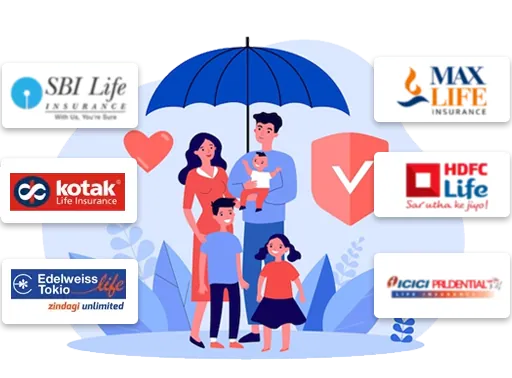

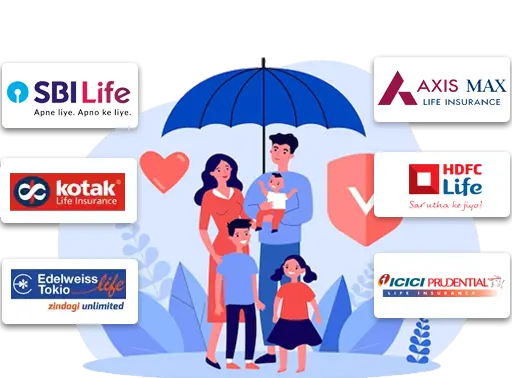
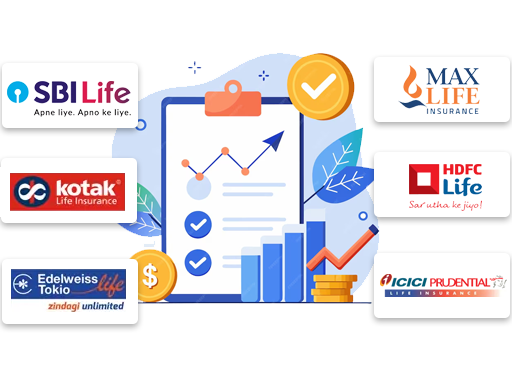
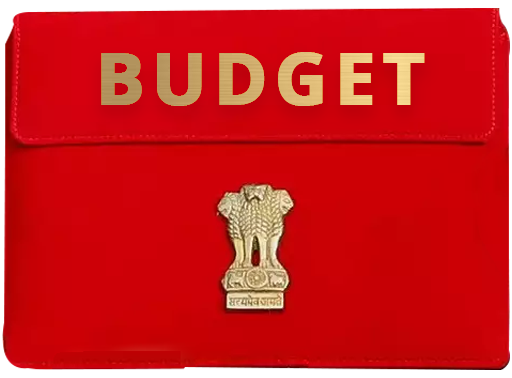
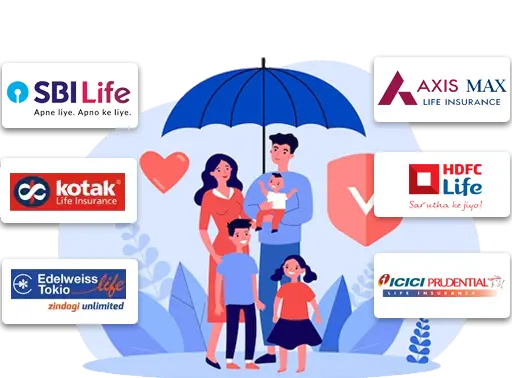
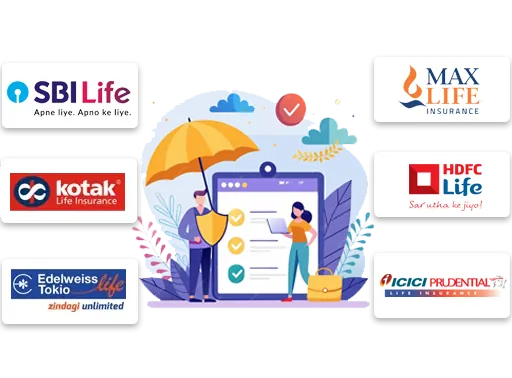






Do you have any thoughts you’d like to share?